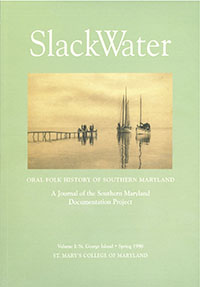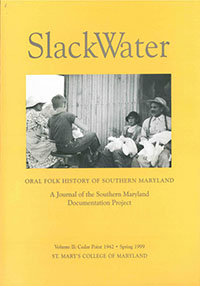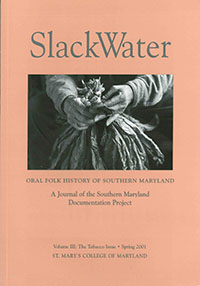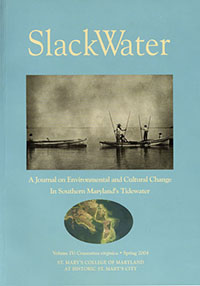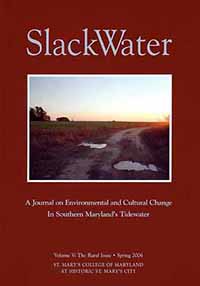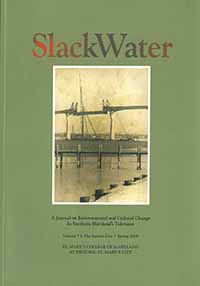National Tragedies, Local Memories
The assassinations of John F. Kennedy, Martin Luther King, Jr., and Robert Kennedy shook this nation to the core. People saw these events in person, in newspaper photographs or on television; but most of all, they felt them. White or black, young or old, male or female, rich or poor, Americans cried with and took solace from each other. In rural St. Mary’s County, the reactions were just as poignant.

President John F. Kennedy
I was here [at St. Mary’s College of Maryland] when Kennedy was killed. Yes, I was on the tennis courts playing tennis with a young man named Ken. We were out there and someone came out the door and told us, and we ran in to watch it on television. And basically all was quiet in there, and I got myself ready to meet my father where I used to meet him … across that little road that leads into the entranceway by the Freedom of Conscience statue. And I can’t remember what we said when we went home. I’m sure diplomats in America had a lot to say around their own private tables and homes.
—Elizabeth Barber Walker (b. 1943), the first African-American student to enter and graduate from St. Mary’s, as told to Janet Haugaard, 2007
Anytime they kill a U.S. president on account of black people it’s terrible. President Kennedy was killed because he wanted to help blacks.
—Sophia Reed (b. 1914), oyster-shucker for over forty years, as told to Robin Lerner, 1986

Senator Robert F. Kennedy
When I got off the aircraft [from Vietnam] a lady came up and just spit on me. And the very night I was flying back I heard that Robert Kennedy had been shot, so you know all those things just piled up.
—James Abell Longmore (b. 1944), U.S. Army medic during the Vietnam War, as told to Laurie Pisel, 2007

Dr. Martin Luther King, Jr.
What I remember about when JFK was assassinated was shock. I was sitting in biology class at Great Mills High and they made the announcement over the intercom. We were all shocked into silence, even the teachers. I know some of us were probably thinking, well, what are we going to do now? Are we still gonna play our football game? And then later I was watching TV when Jack Ruby shot Lee Harvey Oswald. It was so surreal. I thought, all this is something that should happen in another country, not here. No one had thought that the president could be shot.
And then when Martin Luther King was killed the cities just rocked, especially D.C. I was at the Naval Academy at the time and they locked it down for safety. I remember I was gonna go ask my fiancé’s father for her hand in marriage that night, and I had to promise my superior that I would not go anywhere in D.C., that I would just go straight down [Route] 301.
- Michael Hallett (b. 1947), former naval officer and a graduate of Great Mills High School, Class of 1966, as told to Winona L. Landis, 2009
What put [in] integration faster than we did was when they killed Dr. King. When they killed Dr. King, they started burning these cities down. They almost burned Washington down, almost burned Baltimore down, and Chicago. They had fires all over the place, y’all don’t remember that. They was running me down on the base, looking for me. They say, “They coming down here?” I say, “I don’t know, they might.” ‘Cause they was scared to death.
- Rev. George Grymes, b. 1917, former civil service employee at Patuxent River Naval Air Station, of Lexington Park
But they had ‘em, you know. One day they had all the Marines and everybody out there at the gate looking for those people. Somebody got in, they got in the window and said that the Freedom Riders were coming.
- Fred Talbert, b. 1910, former civil service employee at Patuxent River Naval Air Station of Lexington Park.,
They closed stores … See, I was in the NAACP too. They knew that I was in it. And so, the captain of the base, he was looking for me. And said, “Do you hear they’s coming down here?” I say, “They might come down here.”
- George Grymes
But they didn’t come, that’s it.
- Fred Talbert
All images courtesy of the Library of Congress.

